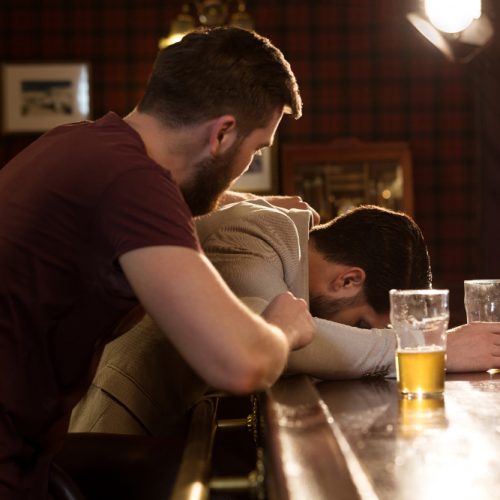Addictions General Intervention Model And Treatment Techniques
Addictions Treatment
The first goal of treatment is for the person with an addiction to accept that they need treatment. In both legal and illegal drugs, there is a process of denial by many of the addicts to them (Becona, 1998a). Drugs produce pleasure, well-being, and satisfaction (positive reinforcement). At the same time, the drug allows them to avoid withdrawal symptoms (negative reinforcement) when they do not consume or do not have enough of it.

Once the person assumes that they have to change, they will request different help. Moreover, it is important to make him see that he needs help. That he has to change his behaviour due to the serious and obvious consequences that are taking place, but that the person does not see at that moment.
Once the denial phase has been overcome, the reason for seeking help, related factors and other difficulties caused by the dependency must be clearly defined. This is the evaluation phase.






Withdrawal in Addictions
The treatment for Addictions will be oriented initially so that the person achieves abstinence. Here the approach will vary depending on whether it is a person dependent on alcohol, nicotine, heroin, cocaine or gambling or the Internet Internet. However, within more common than different aspects regarding the treatment techniques we will use with one or the other. Today there are harm reduction programs, mainly methadone maintenance.
Once the detoxification has been achieved, or what is the same, that the person stops consuming the substance, the process of psychological detoxification begins. This is the longest and most complex process of the addictive process. It is excepted when the person is in a methadone maintenance program, in which case both processes go in parallel.

Cessation Addictions
The psychological detoxification in Adiciones aims to ensure that the dependent person can face withdrawal.
In the case of heroin dependence, they are trained using techniques to face life without drugs. This is to avoid them, reject them and reorganize their environment so they can be without them (Becoña & Vázquez, 2001). This is one of the most complex parts because sometimes they have been consumed for many years. Also, many have discovered that they can get better quickly when they feel sick by taking drugs. Hence the relevance of training in coping strategies in situations of risk for consumption.
Drugs produce immediate effects. A few seconds pass between consumption and its effect. There is also great availability, and the person can access them. Training to generate skills to live without drugs, feel good and obtain social support are some of the keys to successful treatment. It should not be forgotten that drugs achieve not only an immediate effect but that, due to previous consumption, they have become reinforcing. You have to look for reinforcing alternatives to counteract the negative consequences of consumption (since when you are addicted, you only see the positive ones). Also, find the advantages of not consuming on a personal, family, social level, etc.